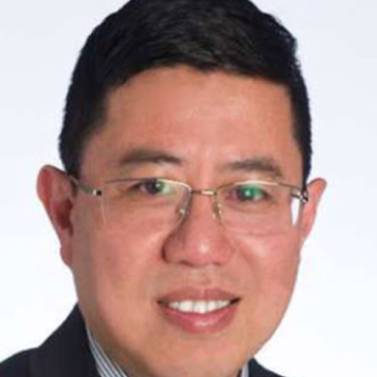
Professor Lihai Zhang
The University of Melbourne
Email: [email protected]
Lihai Zhang is Professor of Infrastructure Protection & Management and Leader of Engineering Management Discipline in the Department of Infrastructure Engineering at The University of Melbourne. He is best known for his expertise in numerically modelling of fluid flow, mass transfer and reactive transport in deformed porous media as well as engineering reliability analysis.
Prof Zhang received his Master of Engineering degree from the National University of Singapore. Following a successful ten-year career in industry, he obtained his PhD study at the University of Melbourne in 2009. His research work mainly focuses on reliability-based life-cycle assessment of built infrastructure, building cladding subject to hailstorm impact, corrosion of construction materials, and structural health monitoring using advanced non-destructive testing techniques. Significantly, his expertise in interdisciplinary research gives him a leading advantage and a unique angle to solving outstanding problems in Biomedical Engineering fields, such as Orthopaedic Biomechanics & Mechano-Biology. Prof Zhang is an Adjunct Professor in School of Clinical Sciences at Monash Health, Monash University.
Prof Zhang has published three books, 14 book chapters and more than 230 refereed journal articles. He has been awarded more than 30 national and international competitive grants and research contracts (more than 90% is industrial-related, Lead CI in 20 of them). He was awarded the International Computational Award at the 10th International Conference on Computational Methods, and the Outstanding Engineering Reliability Award at the 2nd Australian International Conference on Industrial Engineering and Operations Management. Currently, Prof Zhang is an Editorial Board Member of “Engineering Structures”, “International Journal of Applied Mechanics” and “Frontiers in Materials”. He is also a Fellow and Charted Professional Engineer of Engineers Australia. Prof Zhang has supervised/co-supervised more than 30 PhD students.
